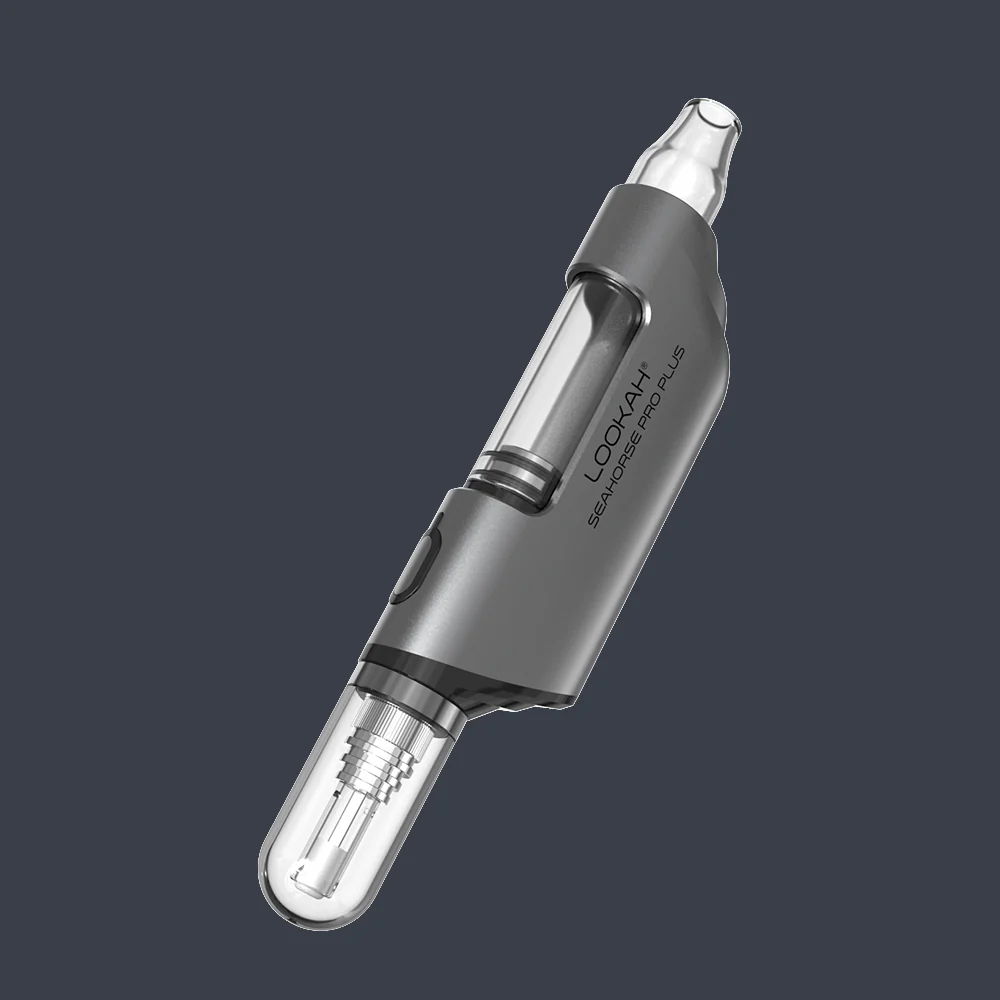
Understanding the Need to Hire Security Guards
In today’s increasingly unpredictable world, the importance of security cannot be overstated. Whether you are a business owner seeking to protect your assets or an individual looking to secure your property, understanding the need to hire security guards is the first step towards ensuring safety. In various circumstances, a trained and vigilant security guard can act as a deterrent to criminal activities, protect lives, and provide peace of mind.
Security needs can vary significantly from one situation to another, depending on factors such as location, nature of the environment, and specific threats. Therefore, carefully analyzing your requirements is crucial. To assist you in this, you can hire security guards tailored to your particular situation.
Identifying Security Requirements
Before hiring security personnel, it is essential to assess your unique security needs. Here are several key factors to consider:
- Nature of the Premises: Is the area residential, commercial, or industrial? Each type may require different security measures.
- Threat Analysis: Assess potential risks such as theft, vandalism, or other crimes that might impact your environment.
- Event Type: If you are organizing an event, consider the scale and the potential risks associated with hosting it.
Performing a thorough risk assessment will assist you in pinpointing what type of security you need, which may include armed or unarmed guards, uniformed or plainclothes, or even mobile patrols.
The Importance of Professional Security
Opting for professional security services goes beyond simple protection. Trained security personnel bring a wealth of experience and expertise to your security landscape. Here are a few reasons why hiring professionals is beneficial:
- Expertise: Professionals are equipped with the skills and knowledge to handle a variety of situations effectively.
- Deterrence: Just the presence of trained security can deter criminal activity and prevent potential issues before they escalate.
- Incident Management: Trained guards know how to handle emergencies, ensuring quick response and effective management of any incidents.
Having professional security guards not only mitigates risks but also instills confidence among customers and employees, creating a safe and secure environment.
Types of Security Guard Services Available
When deciding to hire security guards, it’s essential to understand the different types of security services available. Here are the most common types:
- Unarmed Security Guards: These personnel provide a visible security presence and can manage access controls and patrols without the use of weapons.
- Armed Security Guards: Armed guards are necessary in environments where there may be a higher risk, providing a stronger deterrent against potential threats.
- Mobile Patrol Services: Mobile units patrol larger areas, making them suitable for businesses or properties spread across a wide space.
- Event Security: Specially trained guards can cater to events like concerts, festivals, or corporate events, managing crowd control and emergency situations.
- Executive Protection: This service focuses on providing personal security for high-profile individuals, ensuring their safety in various situations.
Assessing which type of security service best suits your needs is key to enhancing safety effectively.
Which Factors Influence the Cost to Hire Security Guards?
The cost associated with hiring security guards can fluctuate based on numerous factors. Understanding these elements can help you budget effectively and choose the right service for your needs.
Location-Based Pricing Dynamics
One of the most significant factors affecting security costs is geographic location. Urban areas tend to have higher security costs compared to rural areas due to:
- Higher Demand: Cities generally have a higher demand for security services, which can drive prices upwards.
- Cost of Living: Areas with a higher cost of living often reflect increased wages for security personnel.
- Competitive Landscape: The number of security companies in a given area can also influence pricing, with more competition potentially lowering costs.
Understanding the dynamics of your area will help you make informed decisions about hiring security guards.
Understanding Guard Qualifications and Experience
The qualifications and experience of security personnel can also impact the overall cost. More experienced and highly trained guards will typically demand higher wages due to:
- Advanced Training: Guards with specialized training in areas such as emergency response, conflict resolution, or firearms handling will likely charge more.
- Certification: Licensed guards may have met specific regulatory standards, making them more expensive to hire.
When evaluating potential candidates or companies, consider the qualifications that justify the costs.
Services Impacting Overall Costs
The nature of services you require will significantly influence hiring costs. Each additional service beyond standard security measures can increase your expenses:
- Technology Integration: Utilizing technologies such as CCTV, alarm systems, and communication devices can add to the overall costs due to installation and monitoring expenses.
- Custom Security Plans: Tailored security strategies that cater to specific vulnerabilities or situations can also lead to higher fees.
- 24/7 Coverage: Hiring security guards for round-the-clock protection will incur increased costs compared to standard hourly arrangements.
Understanding these aspects will help in preparing an appropriate budget for hiring capable security personnel.
Steps to Hire Security Guards Effectively
Once you recognize the necessity and have a budget in place, recruiting security guards becomes the next crucial step. Here’s a guide to streamline the hiring process.
Evaluating Security Companies
The first step is to research and assess various security companies. Consider the following factors:
- Reputation: Look at client testimonials and reviews to gauge the company’s reliability and service quality.
- Experience: Companies that have been in existence for several years generally possess more expertise and a stable workforce.
- Licensing and Certification: Ensure that the company holds all necessary licenses and certifications to operate legally in your state.
Conducting thorough research will help you select a company that meets your specific needs.
Conducting Interviews and Assessments
After narrowing down your choices, it’s time to conduct interviews with the selected security companies. Focus on:
- Staffing Practices: Ask about their recruitment process and how they vet potential employees.
- Training Programs: Inquire about the training that guards undergo before being deployed, and what kind of ongoing training they receive.
- Emergency Protocols: Understand how they train guards to respond to emergencies and if they conduct regular drills.
Assessing these areas will help determine the professionalism and preparedness of the security personnel.
Understanding Contracts and Service Agreements
Once you select a security company, it’s essential to carefully review the contract before signing. Pay attention to:
- Services Provided: Ensure the contract clearly outlines all services included, as well as any expectations you have.
- Terms of Service: Understand how long the contract lasts, cancellation policies, and any applicable fees.
- Liability Clauses: Clarify who is liable in various situations and whether the company carries adequate insurance coverage.
Taking the time to ensure that the contract fits your needs can prevent misunderstandings and complications later.
Best Practices When You Hire Security Guards
Once you’ve hired security personnel, implementing best practices will optimize their effectiveness and performance.
Training and Onboarding Procedures
A successful onboarding process can set the tone for how security personnel perform their jobs. Key practices include:
- Role-Specific Training: Ensure new hires receive training tailored specifically to their duties and the environment they will be protecting.
- Orientation: Provide an overview of your organization’s policies, culture, and specific security protocols.
Training should continue beyond onboarding to reinforce skills and adapt to evolving security threats.
Creating Clear Communication Channels
Effective communication is paramount to success in security operations. Establish a clear communication protocol that includes:
- Regular Briefings: Hold daily or weekly meetings to update guards on potential threats or changing protocols.
- Reporting Systems: Implement a procedure for guards to report incidents or concerns, and ensure that they have the tools to do so.
These practices foster a culture of openness and continuous improvement.
Monitoring and Evaluation of Security Performance
Monitoring the performance of hired security guards ensures they meet your expectations and allow for continual upgrades to your security plans:
- Regular Assessments: Evaluate the guards’ performance through regular assessments and feedback sessions.
- Client Feedback: Encourage feedback from stakeholders who interact with security personnel to gain insights into their effectiveness.
Continual evaluation promotes accountability and ensures that security measures adapt to evolving threats.
Compliance and Legal Considerations
When hiring security guards, it is vital to navigate compliance and legal factors to mitigate risks and adhere to regulations.
Licensing and Credentials for Security Guards
Ensuring that security guards are properly licensed and credentialed is crucial. Factors to consider include:
- Certification Requirements: Understand specific state or local requirements for security personnel and verify that the company meets them.
- Background Checks: Ensure the company conducts thorough background checks on their hires to mitigate risks.
Firearms training and first aid certifications may also be necessary depending on the nature of the position, so stay informed about these needs.
Understanding Liability and Insurance Requirements
Legal and financial liabilities can arise from unforeseen incidents. Therefore, ensure that you:
- Review Insurance Policies: Confirm that the security company has liability insurance that covers employees and potential incidents.
- Understand Liability Limits: Make sure you’re aware of the coverage limits and any instances where you might hold liability.
Understanding these aspects of liability helps you mitigate risks and ensures adequate coverage for various security scenarios.
Meeting Local and Federal Regulations
Familiarize yourself with any local and federal regulations that govern security personnel. This includes:
- Employment Laws: Understand laws related to hiring practices, employee treatment, and work conditions.
- Security Regulations: Be aware of specific regulations that relate to the operation of security companies and their personnel.
Ensuring compliance will help you avoid legal troubles while maintaining high operational standards.







